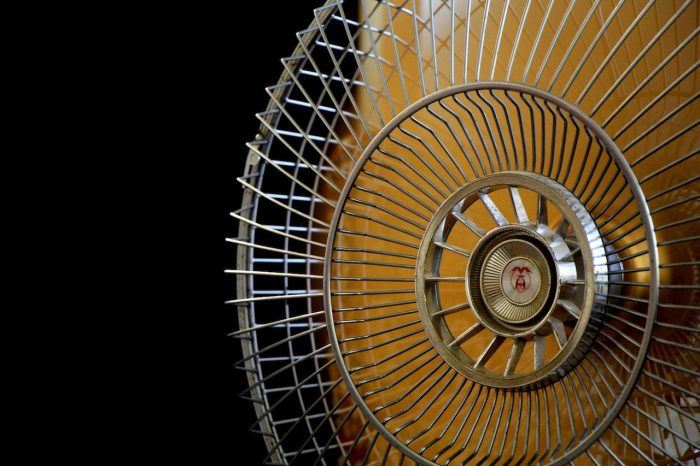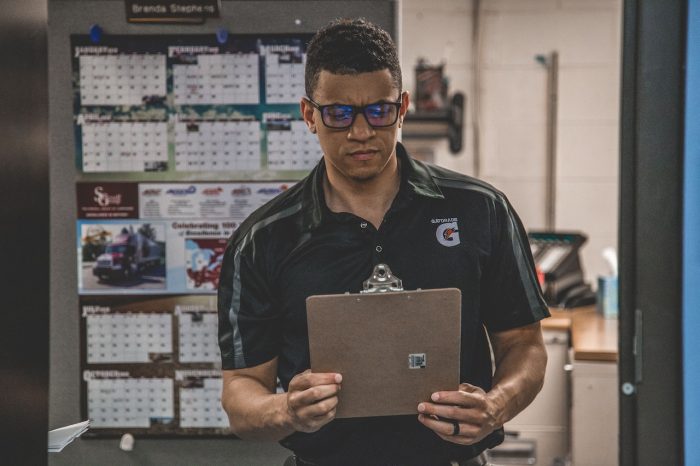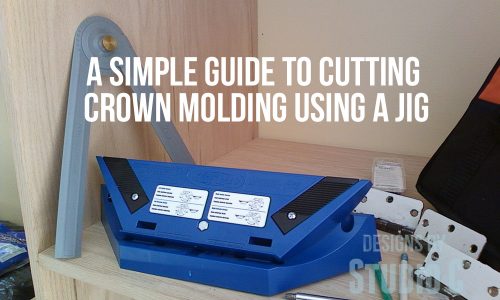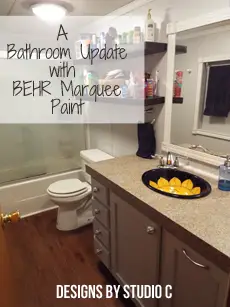Is It Time for a New Heating and Cooling System?
If you want your family to be comfortable no matter the temperature outside, you must invest in a high-quality heating and cooling system. However, without the proper knowledge, you risk purchasing a system you can’t use or that isn’t safe. If you have been considering purchasing a new HVAC system for your home, it helps to know what to look for and how to install it. This quick guide to updating your heating and cooling system can help with that important decision!
How to Tell if It’s Time to Upgrade Your System
If you’re wondering whether it’s time to upgrade your heating and cooling system, there are a few key indicators to look out for. Firstly, consider the age of your current system. HVAC units typically have a lifespan of around 10-15 years. If your system is approaching or exceeding this age, it may be time to start thinking about an upgrade.
Another sign that it’s time for a new system is frequent breakdowns and repairs. If you find yourself constantly calling for repairs or experiencing recurring issues, it’s a clear indication that your system is no longer functioning efficiently.
Energy efficiency is also an important factor to consider. Older systems tend to be less energy-efficient, resulting in higher utility bills. Upgrading to a newer, more energy-efficient system can help you save money in the long run.
Lastly, if you notice that your home is no longer comfortable, with inconsistent temperatures or poor airflow, it may be a sign that your system is struggling to keep up with your heating and cooling needs.
By paying attention to these signs, you can determine whether it’s time to upgrade your heating and cooling system. Upgrading to a new system will not only improve your comfort but also save you money on energy costs.

Benefits of Upgrading Your HVAC Unit
Upgrading your HVAC unit can bring numerous benefits to your home and your daily life. One of the main advantages is improved energy efficiency. Newer systems are designed to be more energy-efficient, which means they consume less electricity or fuel to provide the same level of heating and cooling. This can result in significant savings on your utility bills over time.
Another benefit of upgrading is enhanced comfort. New HVAC units are equipped with advanced features that allow for better temperature control and airflow. You can say goodbye to hot and cold spots in your home and enjoy consistent comfort throughout.
Upgrading your HVAC unit also means investing in the latest technology. Modern systems come with smart thermostats and programmable settings, allowing you to customize your heating and cooling preferences according to your schedule and lifestyle. This not only adds convenience but also helps optimize energy usage.
Furthermore, a new HVAC unit can improve indoor air quality. Older systems may accumulate dust, allergens, and pollutants over time, which can negatively impact your health. Upgrading to a new system with improved filtration and ventilation capabilities can help create a healthier living environment for you and your family.
In summary, upgrading your HVAC unit offers benefits such as improved energy efficiency, enhanced comfort, access to advanced technology, and better indoor air quality. Consider these advantages when deciding whether it’s time for a new heating and cooling system.
Things to Consider When Choosing a Unit
When choosing a new heating and cooling unit, there are several important factors to consider. First, you need to determine the size of the unit that will best suit your home. A unit that is too small will struggle to adequately heat or cool your space, while a unit that is too large will cycle on and off frequently, wasting energy and potentially causing temperature fluctuations.
Next, consider the energy efficiency of the unit. Look for units with a high SEER (Seasonal Energy Efficiency Ratio) rating, as this indicates that the unit is more energy-efficient and will help you save on your utility bills. Additionally, look for units with ENERGY STAR certification, which means they meet strict energy efficiency guidelines set by the Environmental Protection Agency.
Another important consideration is the type of fuel or energy source the unit uses. Common options include electricity, natural gas, and oil. Consider the availability and cost of these fuel sources in your area, as well as any environmental considerations.
Additionally, think about the features and technology you want in your new unit. This could include programmable thermostats, zoning capabilities, or smart home integration. These features can enhance your comfort and convenience while also optimizing energy usage.
Lastly, don’t forget to consider your budget. While it’s important to invest in a high-quality unit, make sure it aligns with your financial capabilities. Consider the upfront cost of the unit, as well as any long-term savings you may experience through energy efficiency.
By considering these factors, you can make an informed decision when choosing a new heating and cooling unit that meets your needs and preferences.
Having Your New System Installed
Once you have chosen the perfect heating and cooling unit for your home, the next step is to have it installed by a professional. Proper installation is crucial to ensure that your new system operates efficiently and effectively.
Hiring a licensed and experienced HVAC contractor is essential for a successful installation. They have the knowledge and expertise to properly install your new unit, ensuring that it is connected correctly and functions optimally. They will also be able to address any specific requirements or challenges that may arise during the installation process.
Before the installation, the contractor will assess your home’s existing ductwork and make any necessary modifications or repairs. They will also ensure that the unit is properly sized and positioned for optimal performance. This includes considering factors such as airflow, insulation, and ventilation.
During the installation, the contractor will carefully connect the unit to your home’s electrical system, fuel source, and thermostat. They will also test the system to ensure that it is functioning correctly and efficiently. Once the installation is complete, they will provide you with instructions on how to operate and maintain your new system.
Remember, proper installation is key to maximizing the lifespan and efficiency of your new heating and cooling system. By hiring a professional contractor, you can have peace of mind knowing that your investment is in good hands.

Conclusion
Updating your heating and cooling system is a decision that can greatly enhance your family’s comfort and safety, as well as increase the value of your home. By investing in a high-quality and energy-efficient HVAC unit, you can enjoy a more comfortable living environment while also reducing your energy consumption and utility bills.
When considering an upgrade, it is important to consult with professionals who can provide expert advice and guidance. They can assess your specific needs and recommend the most suitable system for your home. Additionally, they can help you navigate through the various options available, ensuring that you make informed decisions that align with your budget and requirements.
Whether you are planning to stay in your home for the long term or are considering selling in the near future, a modern and efficient heating and cooling system is a valuable asset. Potential buyers are increasingly looking for energy-efficient features, and an upgraded HVAC unit can significantly enhance the marketability and value of your property.
In conclusion, updating your heating and cooling system is a worthwhile investment that offers numerous benefits. By consulting with professionals and choosing the right system for your home, you can improve your family’s comfort, reduce your energy consumption, and increase the value of your property. Take the time to make informed decisions and ensure that you are making the right choices when updating your home’s heating and cooling system.






Comments are closed.